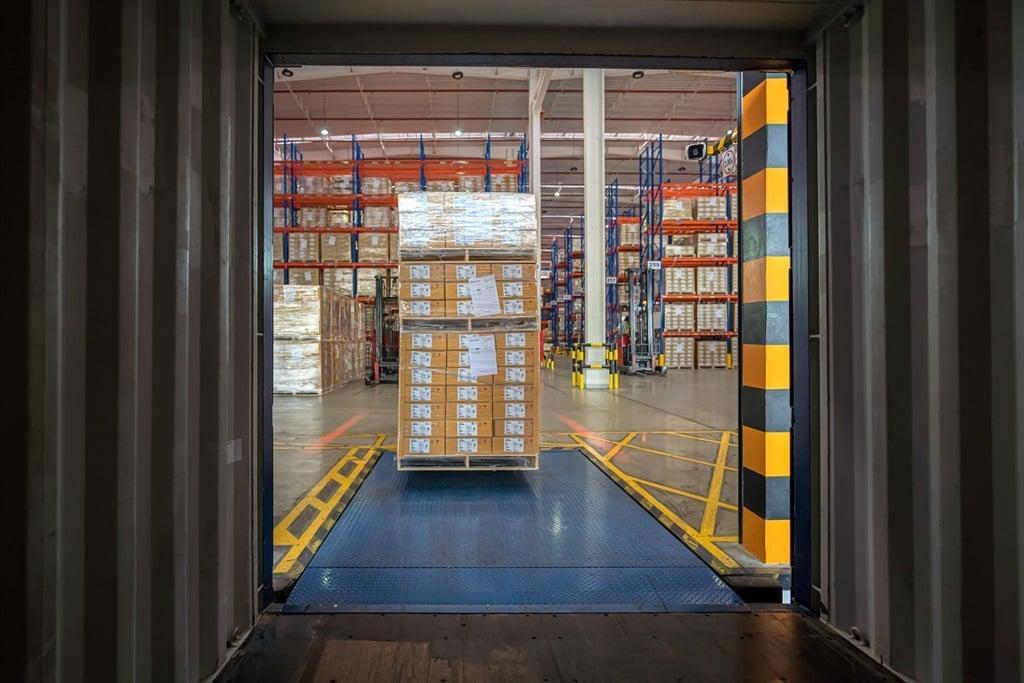Africa-Press – South-Africa. The Constitutional Court has brought a long-running legal dispute between Japanese tech group Fujitsu and a logistics company to a close after it ruled that the logistics firm does not have to reimburse the electronics giant for the theft of laptops from an SAA warehouse a decade ago.
The majority ruling, penned by Chief Justice Raymond Zondo, found that the logistics group Schenker was not liable for the theft, even though the laptops were stolen by one of its own employees in 2012.
Zondo found that Schenker and Fujitsu had entered into a contract stating that the Japanese tech group had to inform the logistics company in writing when it was asked to handle high-value goods.
It was common cause, he found, that the Fujitsu did not do this. A clause in the contract stated that Schenker would incur no liability if it handled high-value goods on behalf of Fujitsu without being informed in advance.
In a 6-5 ruling, the chief justice found that this exclusion clause even covered theft by an employee of Schenker. He said:
Schenker employee Wilfred Bongani Lerama stole the laptops from a SAA Cargo Warehouse at OR Tambo International Airport in June 2012.
Fujitsu then took the logistics group to court, arguing it was vicariously liable for the conduct of its employee.
While the high court ruled for Fujitsu and ordered Schenker to pay damages, the ruling was overturned on appeal before the Supreme Court of Appeal.
Fujitsu then sought to appeal the SCA ruling to SA’s apex court.
Zondo’s majority ruling, which five colleagues backed, means that the Japanese tech company has exhausted its legal options in trying to reclaim damages for the stolen laptops.
The court was closely split, however.
Four justices agreed with Justice Rammaka Mathopo, who penned a minority opinion, that Schenker should pay damages, stating that while there was an exclusion clause for high-value goods, this did not cover theft.
“Theft of goods does not constitute an undertaking of business or the giving of advice, information or services,” found Mathopo.
But Zondo found the exemption clause in the contract was clear-cut and covered theft.
It followed that if Fujitsu did not tell Schenker that it was handling high-value goods, the logistics firm could not be held liable, even in a case of theft.
He dismissed Fujitsu’s appeal with costs, including the costs of two counsel.
As for Lerama, while the Constitutional Court and lower courts described his actions as theft, they do not say what action was taken against him.
For More News And Analysis About South-Africa Follow Africa-Press






